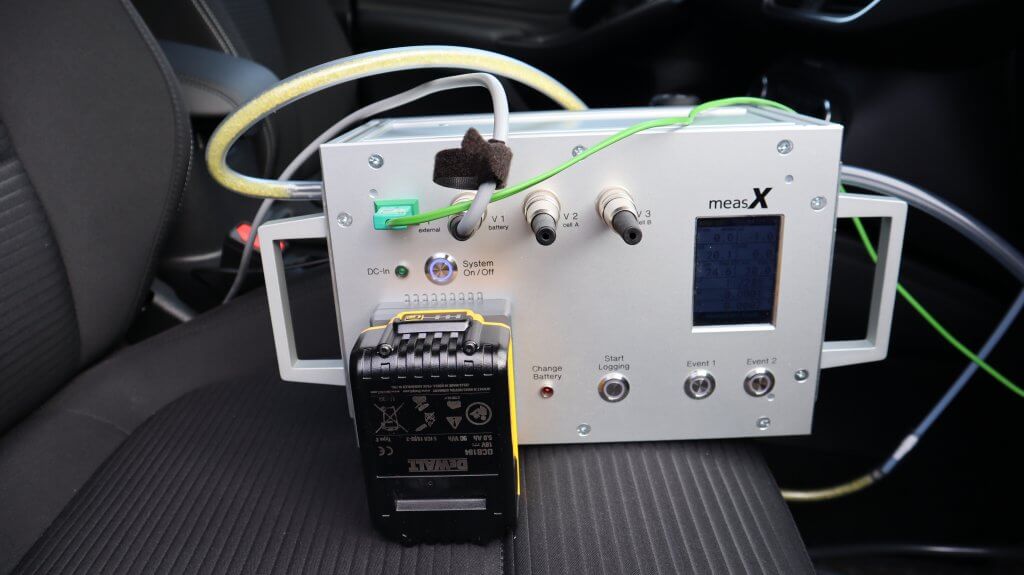
The global automotive sector relies on lead batteries. From starting the engine in conventional vehicles, enabling low-emission start-stop technology and powering key functions in micro-hybrids, to being used as auxiliary batteries for electric vehicles, lead batteries are present in virtually every vehicle.
At the Ford Research and Innovation Center in Aachen, Germany, collaborative research is underway to investigate gassing and water loss in lead batteries and how it interacts with Dynamic Charge Acceptance (DCA) of batteries. DCA is the relevant battery property to enable the capturing of instantaneous energy such as through regenerative braking and is a key technical parameter for micro and mild-hybrids. Crucial for low-emission vehicles, CBI has set it as one of the highest priority research goals for the industry.
Attaining this target is essential for maximizing the performance of advanced lead batteries in the ever-increasing number of hybrid vehicles. The global micro-hybrid market alone is increasing rapidly, with Europe leading the way with 82% of car sales predicted to be micro-hybrids by 2030.
The project explores when and how fast gassing and water loss can occur, and any impact it has on the aging of batteries in the vehicle. With the support of CBI, an innovative portable eGAS device has been developed in collaboration with measX and Ford that allows the monitoring of gas flow in the battery, in-situ and in real time.

One of the key findings of the research established that standard laboratory tests do not accurately represent the performance of lead batteries in field conditions with regards to water consumption, and therefore the device opens new pathways for monitoring battery performance.
Battery producers and car manufacturers can now better understand the condition of batteries in their vehicles using the portable eGAS device, as opposed to the conventional methods of weighing batteries every few months to determine gassing and water loss. This information will be vital for understanding and improving the DCA of lead batteries.
This ground-breaking project has delivered insights into automotive lead batteries never before seen and is vital to ensuring the continued performance improvements for the technology for start-stop and micro-hybrid applications.
As the world’s battery research hub dedicated to advanced lead batteries, innovation in the technology is driving CBI’s research program which is bringing together industry and science to boost the role of lead batteries in supporting the transition to a clean mobility future.